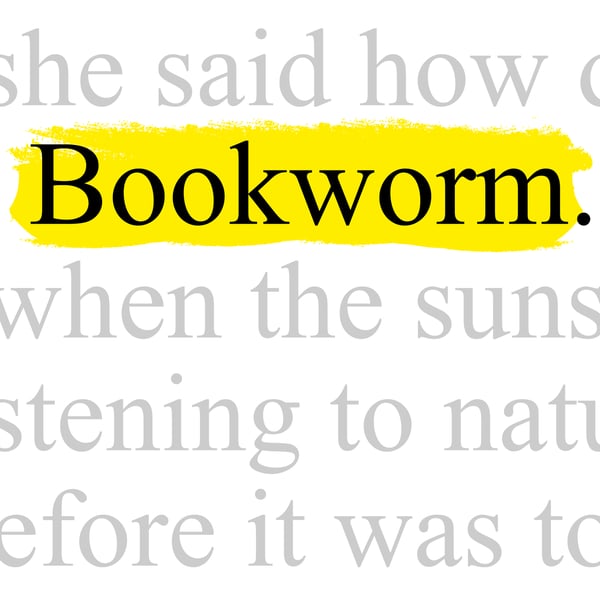William H. Gass: The Tunnel
Bookworm
KCRW
4.5 • 606 Ratings
🗓️ 13 March 1995
⏱️ 29 minutes
🧾️ Download transcript
Summary
Author William H. Gass discusses the evolution and style of his thirty-years-in-the-making new novel, finally published this month.
Transcript
Click on a timestamp to play from that location
| 0:00.0 | You are a human animal. |
| 0:07.6 | You are a very special breed. |
| 0:11.6 | Or you are the only animal. |
| 0:15.2 | Who can think, who can reason, who can read. |
| 0:19.0 | Hi, this is Michael Silverblatt, and welcome to Bookworm. |
| 0:22.7 | Today, my guest is William H. Gass, the author of The Tunnel, published by Alfred Knopf. |
| 0:29.5 | This book is a 653-page book composed over a period of 30 years. |
| 0:40.3 | It's been being written since I was eight years old, and I feel like I've been reading it |
| 0:46.3 | since virtually then. |
| 0:48.3 | But what I wanted to talk about is its structure. |
| 0:52.3 | Now, the narrator of this book, William Kohler, is a professor of history. |
| 0:58.2 | He has studied modern Germany and sees in the rise of the Reich a model that is replicated in the arguments he's been having with his wife and his |
| 1:16.7 | family, and he comes to understand what is referred to in the novel as the fascism of the heart. |
| 1:25.1 | The book is a kind of domestic epic, and what we see in small is a kind |
| 1:31.6 | of symbolic replication of the multiplication of angry cells in a way. How does one go about |
| 1:41.9 | structuring such a book? The first thing I know is that once it used to be called the tunnel in 12 Philippics. |
| 1:51.5 | I took out the Philippics as being two-pointed. |
| 1:56.3 | Well, I mean, the book is trying to be in a number of things, but one thing it's trying to be, and one of the reasons it's called a tunnel, is the inside of history. |
| 2:07.3 | I chose an historian who is just finishing a standard, objective kind of narration with the kind of expectation you get in history where the arrangement of the |
| 2:21.9 | narrative events will be explanatory. And when you come away from that text, you will presumably |
| 2:30.5 | understand what went on and why in historical events. |
| 2:36.0 | And usually the things that get left out of history are the very things that tend to undermine it. |
... |
Please login to see the full transcript.
Disclaimer: The podcast and artwork embedded on this page are from KCRW, and are the property of its owner and not affiliated with or endorsed by Tapesearch.
Generated transcripts are the property of KCRW and are distributed freely under the Fair Use doctrine. Transcripts generated by Tapesearch are not guaranteed to be accurate.
Copyright © Tapesearch 2025.

